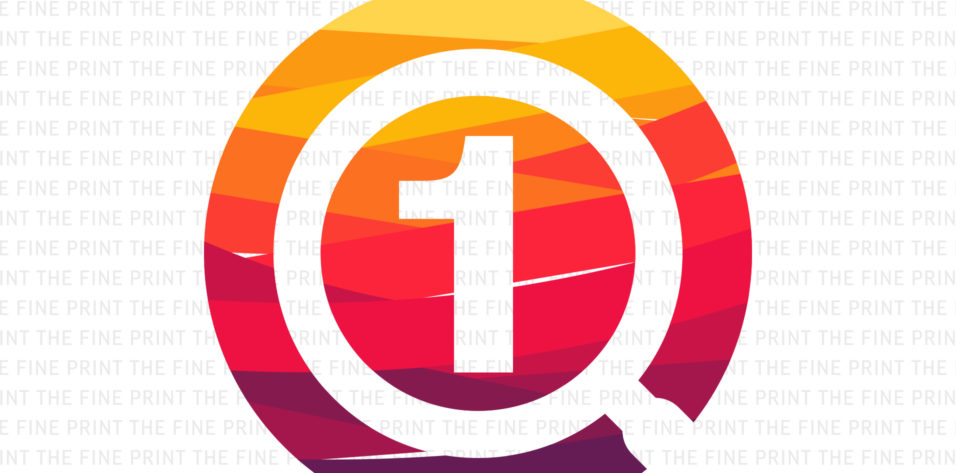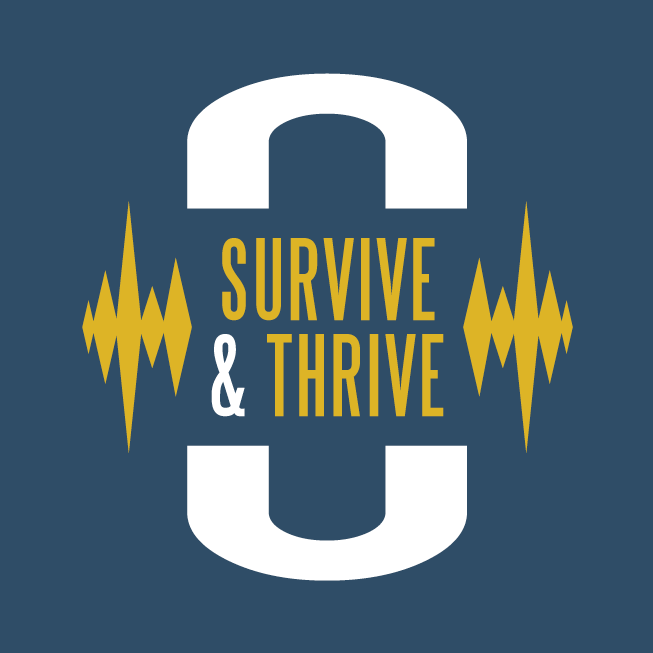
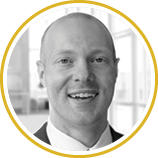
The key to goal setting is, one, you've got to think about it. Two, you've got to write it down. The more specific you are, the more likely you are to achieve it. Whether it's 'I'm going to read four nonacademic books this year' or 'I'm going to take 4 months of vacation,' whatever you plan is important. You can get that done. That's helped me target where I am and where I want to be.”
—Michael D. Greenwood, MD
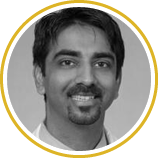
“My week is tough—it's high-volume surgery and high-volume clinic. I like that. When I'm there, I like to be working. I like to be efficient. I like to see a lot of patients, do a lot of surgery. When I'm away from the hospital, I want to be away. I don't want to be worried about stuff. One of the good things about being where I am is I can leave all that when I leave the hospital.”
—Pulin Shah, MD
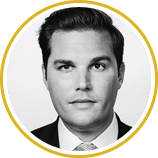
“Make sure you diversify your experiences. Spend time with people in the real world. At the academic institution that you're at, my advice to you is seek out the people who are happiest … spend time with them, and then I think that that will push you toward one or the other. It's a long life, and, if your first choice doesn't turn out to be the right one, there is plenty of runway left.”
—Blake K. Williamson, MD, MPH
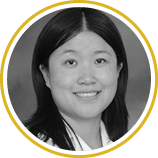
“Teaching has always been a big part of my life, and I knew that I wanted to have that as part of my career … I'm [also] very interested in translational basic science research and glaucoma. To me, [it] was just a no-brainer—[by] going into academics, I get to do what I love the most, which is teaching and trying to discover the next treatment for glaucoma.”
—Ze Zhang, MD
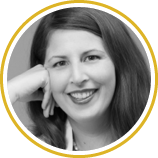
“I think the most important question for people in training is to ask themselves what is truly important to [them] and what is ultimately going to make [them] happy. Academics is probably not for everybody. You have to love research, and you have to love teaching. ... Once you [identify] one or two key things in your life [that you love], I think the rest falls into place.”
—Julie Schallhorn, MD, MS

